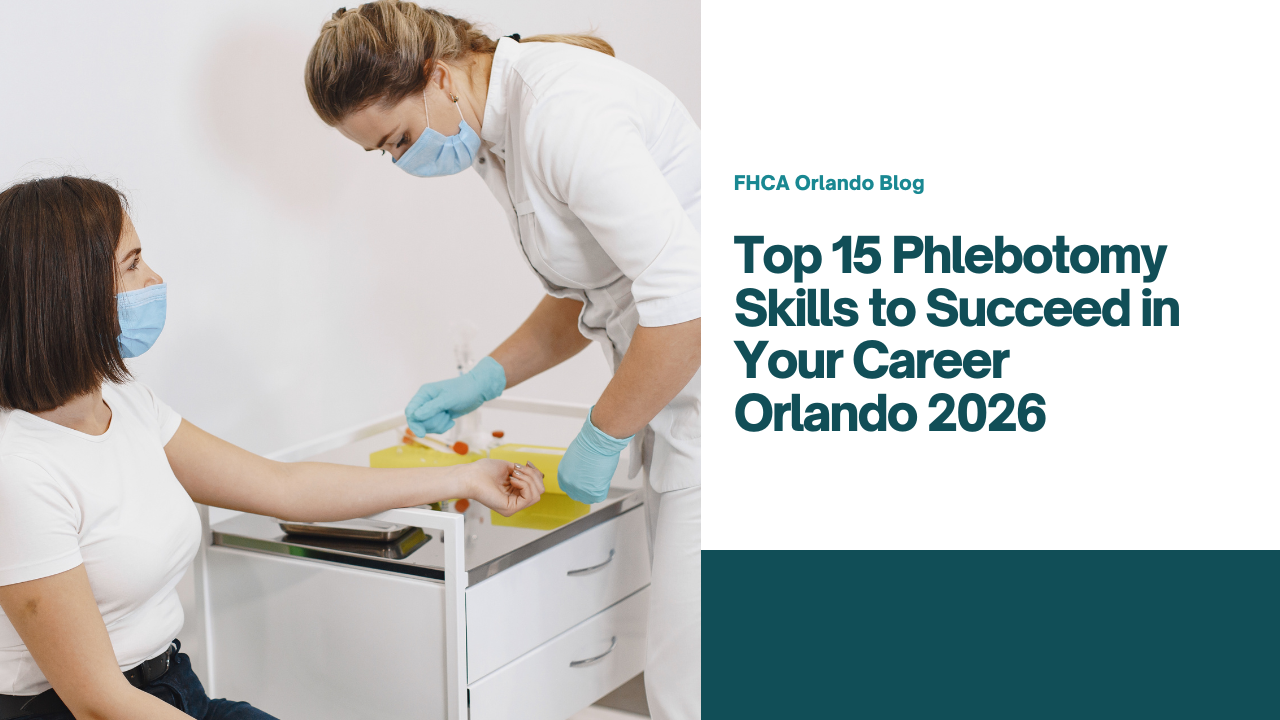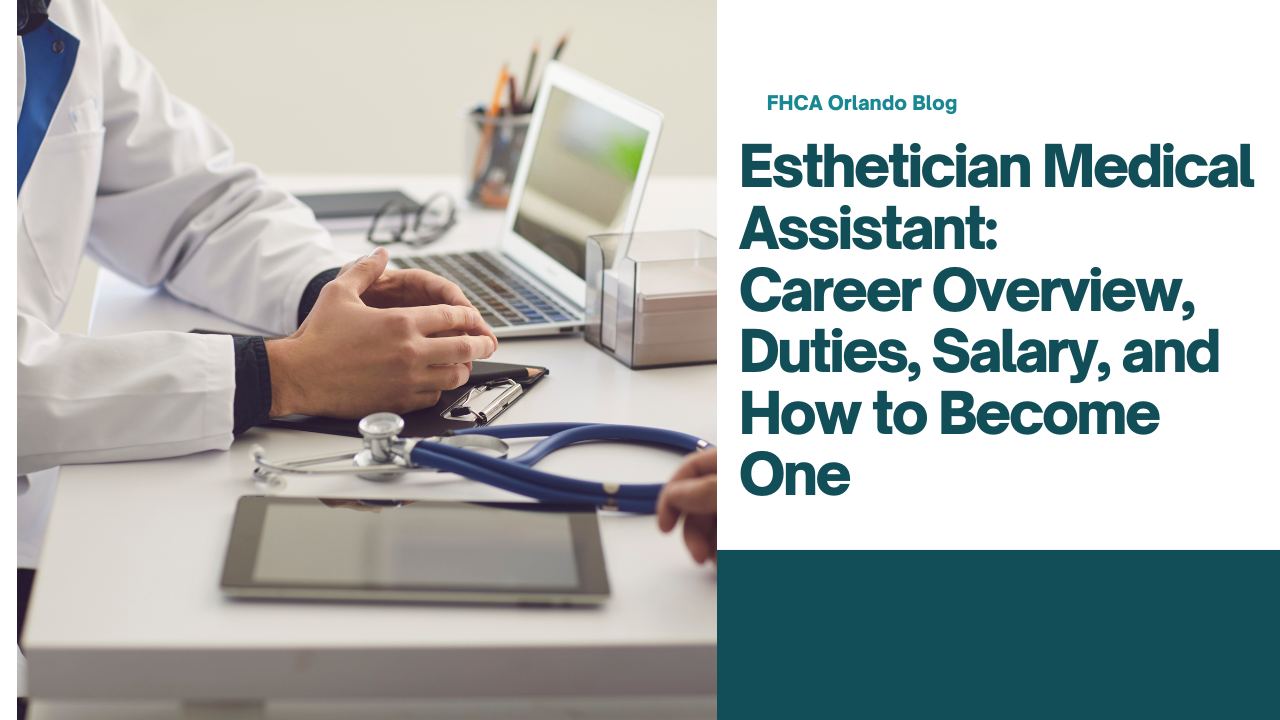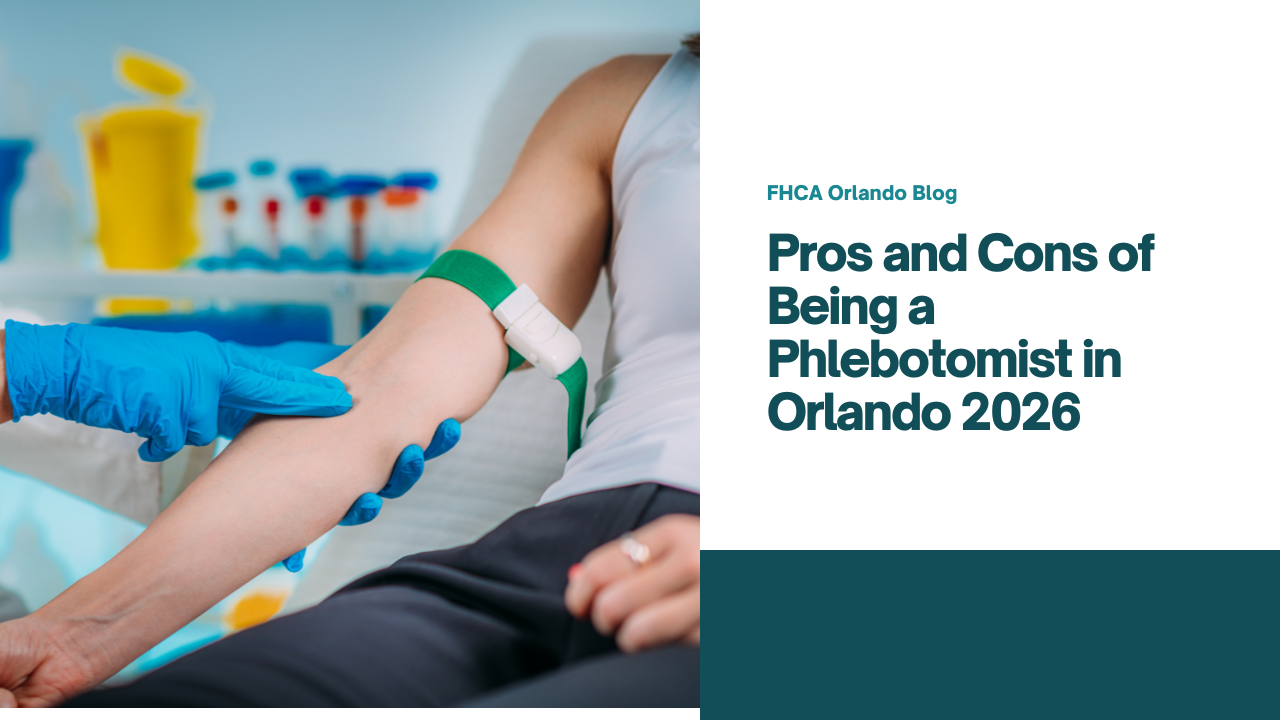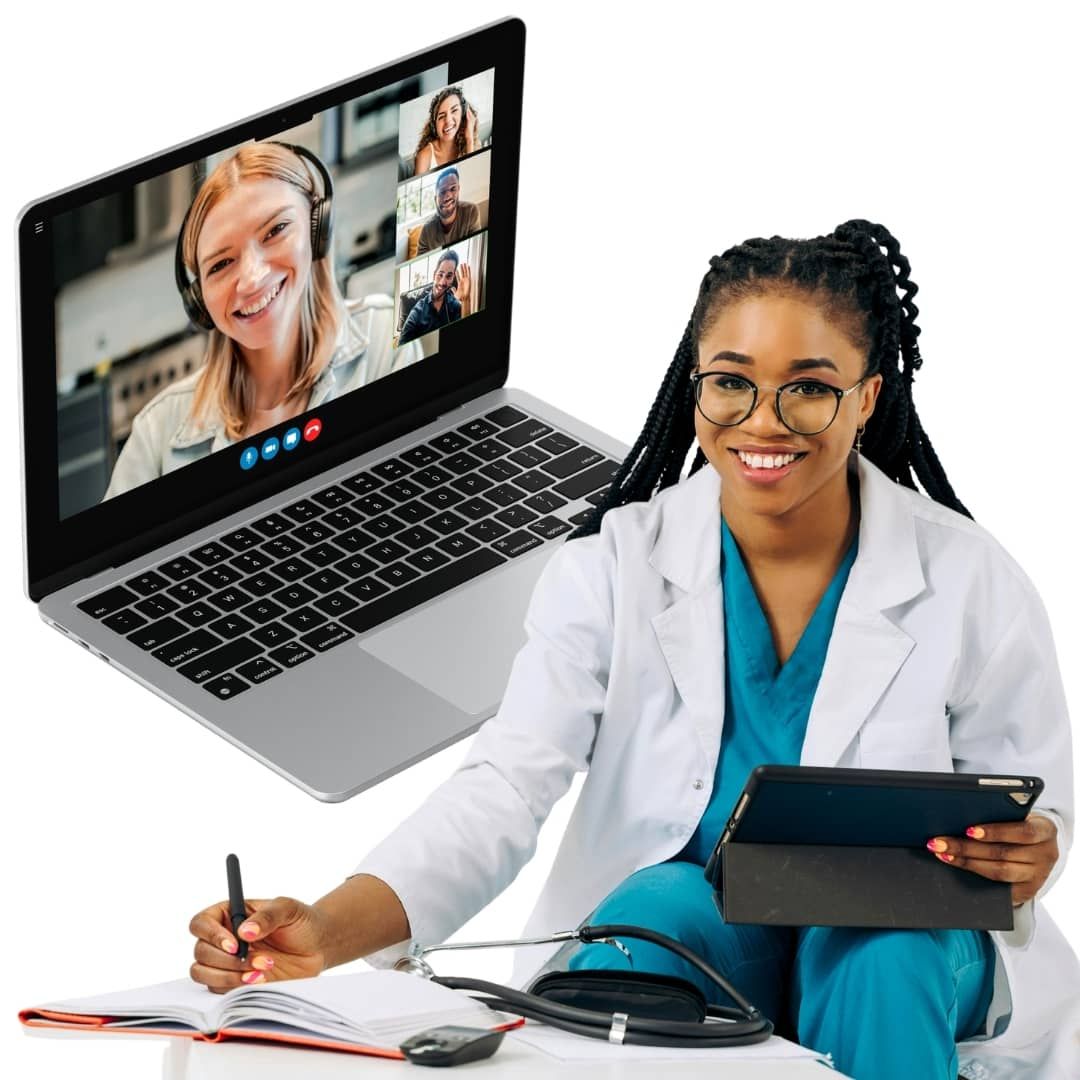Top 15 Phlebotomy Skills to Succeed in Your Career Orlando 2026
Dec 18, 2025
Starting a phlebotomy career means mastering a combination of clinical, interpersonal, and organizational abilities. These phlebotomy skills directly affect patient care and lab accuracy, making them essential for your success in any healthcare setting.
At Florida Health Care Academy Orlando, we help you develop the practical and professional skills needed to enter the workforce confidently and competently.
Table of Contents
- What are phlebotomy skills and why do they matter
- Technical phlebotomy skills to develop
- Important interpersonal phlebotomy skills
- Organizational phlebotomy skills that boost efficiency
- How to strengthen your phlebotomy skills in Orlando 2026
- Phlebotomy skills Orlando 2026 FAQs
- Start building your phlebotomy skills with FHCA Orlando today

What are phlebotomy skills and why do they matter
Phlebotomy involves more than just drawing blood; it requires precision, communication, and organization.
A s a phlebotomy technician developing strong skills in each of these areas ensures that you can perform safely, support healthcare teams, and build trust with patients in our phlebotomy program Orlando.
Definition and impact on patient care
Phlebotomy skills refer to the specific competencies you need to safely and efficiently collect blood specimens.
They ensure accurate results, reduce patient discomfort, and help prevent errors during sample processing.
Role in healthcare settings
As a phlebotomist, your work supports diagnoses, treatment plans, and patient monitoring.
Whether in hospitals, labs, or clinics, your technical performance and communication abilities contribute to positive health outcomes.
Technical phlebotomy skills to develop
These technical phlebotomy skills form the foundation of your clinical role.
1. Venipuncture technique
Performing clean and accurate blood draws is your core responsibility. You’ll need to identify suitable veins, use the correct equipment, and apply proper needle insertion techniques.
2. Equipment operation
You must know how to use tourniquets, vacuum tubes, butterfly needles, and lancets appropriately. Proper use of equipment ensures safety and prevents complications.
3. Specimen handling and labeling
Labeling samples correctly and transporting them under proper conditions ensures that results are accurate and not compromised by contamination or delay.
4. Knowledge of blood collection procedures
Understanding the order of draw, site selection, and how to manage challenging collections (e.g., pediatric or geriatric patients) improves your clinical performance. Phlebotomist education requirements cover these topics in depth.
5. Infection control and safety protocols
Maintaining hygiene, wearing PPE, and following biohazard disposal rules protect both you and your patients.
Important interpersonal phlebotomy skills
Beyond clinical ability, interpersonal phlebotomy skills help you work effectively with patients and colleagues.
6. Effective communication with patients
You need to explain procedures clearly and answer questions in a calm, respectful tone.
7. Building patient rapport
Creating a comfortable environment reduces fear and encourages cooperation during the draw.
8. Cultural competence
Respecting cultural differences in health beliefs and communication styles is key in diverse patient populations.
9. Active listening and empathy
Listening carefully to patient concerns and showing empathy helps build trust, especially with anxious or pediatric patients.
10. Conflict resolution
You may encounter resistance or frustration. Knowing how to de-escalate situations professionally is crucial.
Organizational phlebotomy skills that boost efficiency
Managing your time and workspace effectively improves patient flow and lab performance. These organizational phlebotomy skills are often what make you stand out in fast-paced settings.
Check the phlebotomist salary Florida to see how your skills align with higher pay.
11. Time management
Balancing multiple patients, documentation, and lab tasks efficiently is key to staying on schedule.
12. Accurate record-keeping
You’ll maintain patient logs, label records correctly, and follow HIPAA compliance procedures.
13. Data entry and digital systems
Familiarity with electronic health records (EHRs) and lab software ensures smoother workflows.
14. Inventory and supply management
Keeping track of needles, tubes, gloves, and disinfectants prevents delays and maintains safety.
15. Adaptability in fast-paced environments
Unexpected schedule changes or urgent collections are common—being flexible keeps you prepared for anything.
How to strengthen your phlebotomy skills in Orlando 2026
Building your skills starts with proper education and hands-on experience. At Florida Health Care Academy Orlando, you’ll train under experienced instructors, practice venipuncture techniques, and prepare for certification exams.
Programs like FHCA’s provide all the tools to master both clinical techniques and the essential phlebotomy skills in Orlando employers look for. If you're just starting, here’s how to become a phlebotomist and begin your training journey.
Phlebotomy skills Orlando 2026 FAQs
What are the essential phlebotomy skills in Orlando?
They include venipuncture, specimen labeling, infection control, communication, and time management.
What are the 5 key duties of a phlebotomist in Orlando?
Drawing blood, preparing patients, labeling samples, maintaining records, and ensuring safety protocols.
What are common phlebotomy job skills in Orlando?
Employers look for technical accuracy, communication skills, attention to detail, and adaptability.
What professional qualities should a phlebotomist have in Orlando?
Reliability, empathy, professionalism, and the ability to work under pressure are essential.
What skills do you need to succeed as a phlebotomist in Orlando?
A strong mix of clinical, interpersonal, and organizational skills to support both patients and lab processes.
Start building your phlebotomy skills with FHCA Orlando today
If you're ready to grow your clinical abilities and work in one of the most essential roles in healthcare, Florida Health Care Academy Orlando can help you get there.
With expert-led training and real-world experience, our phlebotomy program Orlando is designed to build every skill you'll need. Learn how to manage patients, perform blood draws, and handle lab tasks with confidence.
Take the next step now and complete your Enrollment to start training for your future in healthcare.










